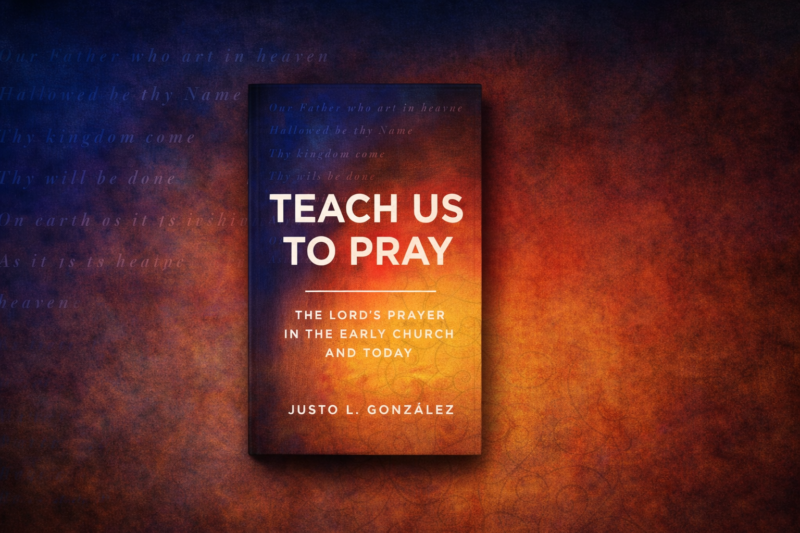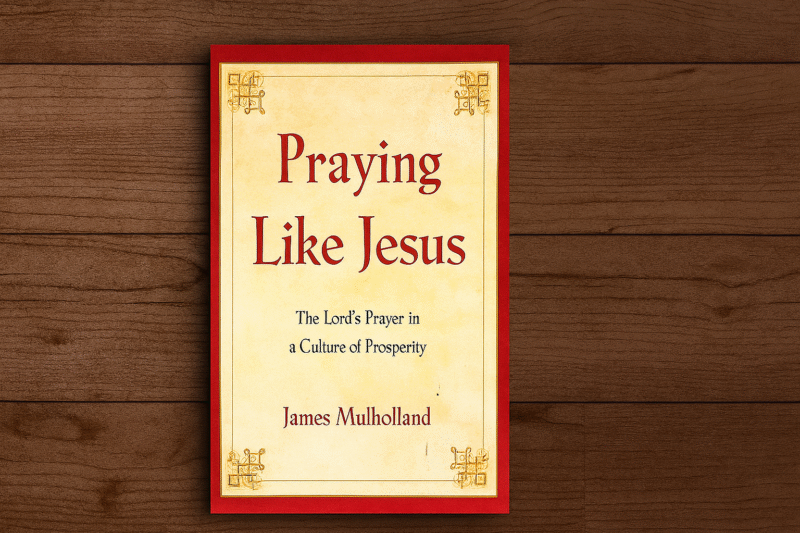
This review is of Reckless Mercy by Carl Tuttle. Carl Tuttle was an early church leader in the Vineyard USA church movement who experienced not only his own brokenness but also the redemptive, reckless mercy of God. This read is a raw, candid, and transparent story of God’s grace at play in Carl’s life.
Meeting Carl Tuttle
In 2015, I was invited to attend an event featuring Carl Tuttle. He was speaking at Sanctuary (a Vineyard church) in Lancaster, Pennsylvania. My schedule didn’t allow me to attend, but thankfully, I connected afterward with Carl (and others) at a local restaurant, Mick’s All American Pub. In many ways, it was an encouraging and memorable night for me. Though I had known of Carl for years and heard many stories about Carl, this was the first time I had the opportunity to meet him for myself and in person. I can’t imagine a better place to meet Carl, as our group sat together in conversation in one of the most unassuming ways and contexts. I wish now I had made the event.
Who Is Carl Tuttle?
Carl has been a well-known pastor and worship leader for decades. He composed many worship songs and modern hymns, including Hosanna, The House of the Lord, I Bless You Lord, I Worship You, All the Earth Shall Worship, and many more. Many of his songs have charted and appear in “best of” collections. There is a good chance that, in the early days of contemporary worship, you sang a song written or influenced by Carl Tuttle.
A Complicated Story
This worship leader’s story begins with a rough upbringing in Southern California. That environment led him on a journey for meaning, which ultimately led him to become a follower of Jesus after his sister introduced him to a group of ragamuffin Jesus followers in a Southern California Quaker church during the mid-1960s, Friends Church of Yorba Linda. His faith journey deepened through a relationship with John Wimber, a fellow musician who had previously worked with artists like the Righteous Brothers before encountering Jesus.
By the mid-1970s, a small group from that Quaker church (Friends Church of Yorba Linda)—along with others—began meeting in the home of Carl’s sister. Carl quickly emerged as the group’s worship leader, guiding them in simple, intimate songs of vertical confession and praise. As the group grew under Wimber’s care, they became the foundation of what would evolve into the Vineyard movement. That group would go on to become Vineyard Anaheim, planting churches and releasing leaders across the globe.
Over the next 20 years, this movement multiplied, but carried the same DNA of seeking God the Father with intimacy and intentionality. Carl moved from worship leader to church planter and eventually to Lead Pastor of Vineyard Christian Fellowship of Anaheim, following in the steps of his mentor, John Wimber.
A Glimpse Into the Book
When I connected with Carl that night in 2015, he shared glimpses of his upcoming book, Reckless Mercy. I was captivated until the book’s release. In Reckless Mercy, Carl is open and transparent about his wounds, story, and struggles. He writes vulnerably about unresolved trauma, deep-rooted insecurities, and character flaws that ultimately collided after he stepped into leading Vineyard Christian Fellowship of Anaheim—the helm of a movement. After that collapse, Carl endured a long, dark night of the soul, which was quite notable and known by the Evangelical world.
This short and simple book isn’t exhaustive, but Reckless Mercy is humbling, informative, challenging, and encouraging. It shows how God’s reckless mercy never stopped pursuing Carl—even in the wilderness. And if that’s true for Carl, it’s true for you and me too.
Honest and Hopeful
The book explores the early years of Carl’s life and the formation of Vineyard USA. It doesn’t avoid or downplay his fall from grace when the pressures of ministry, life, and marriage came crashing down. Many watched with judgment, horror, or confusion. Yet Carl’s story reminds us that God redeems the broken, bruised, and banged-up realities of life for the glory of God. In a move of reckless mercy, God transformed Carl’s failure into testimony.
I believe that Reckless Mercy serves as a contagious, courageous, and consistent reminder of God’s deep, compassionate mercy—even when our brokenness tries to define us. I appreciate the ownership and transparency with which Carl writes: “My world came crashing down around me in 1997. It was entirely my fault. While it was an utterly devastating experience, followed by equally devastating years of slow rebuilding, I also realize that it was a beautiful act of God’s reckless mercy toward me that brought me to such a place.” This book is that journey.
An Encouraging Read
As pastors and leaders, I believe Carl’s book will encourage and challenge us to understand that “Jesus is Enough” in new and deeper ways. It invites us to rediscover what truly defines us. Personally, this book reminded me that the best chapters of my story are still to be written—and I must remain responsible for tending to my roots and identity. That message continues to haunt me.
I believe the best chapters of Carl Tuttle’s story—and perhaps the Vineyard movement’s—are also still unfolding. Carol Wimber’s foreword in this book is especially hopeful and prophetic. More than ever, the people need to be in place.
Final Thoughts
Once I started reading Reckless Mercy, I couldn’t put it down. I’m confident it will surface unhealed areas in your life—just as it did in mine. Carl Tuttle reminds us that the “broken shards of a life can be reassembled into a story of love and mercy that needs to be told.” That is a beautiful story.
That’s also reckless mercy. And God’s mercy is reckless because it pursues us—even when we think we’re beyond redemption.
AUDIOBOOK UPDATE: A little after this book came out—and I had already read it twice and recommended it to many—the publisher released the audiobook version. I bought it mainly to support Carl, but within minutes, I realized that the same story I had read and quoted from was now captivating me in new ways that it had not before. There were aspects of Carl’s story that stood out to me in deeply emotional ways, especially in parts of the book that hadn’t initially arrested me while reading. There were several times I had to go back to the print version just to check if those moments were even there (and they were), because the way the audiobook delivered them caught me so differently. I was reminded, in new and unexpected ways, that God’s mercy is reckless.



